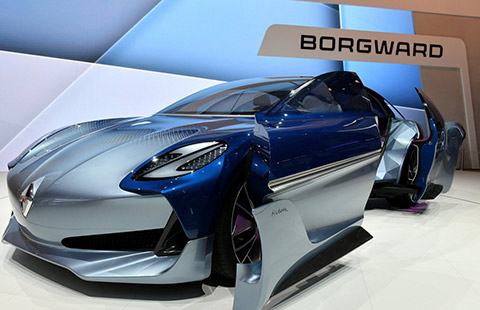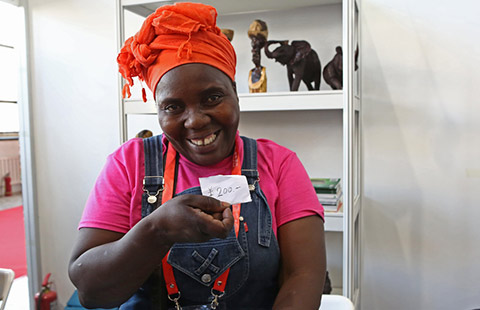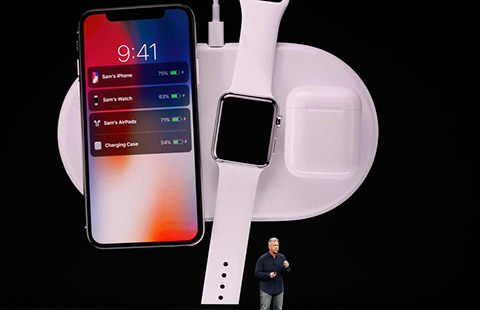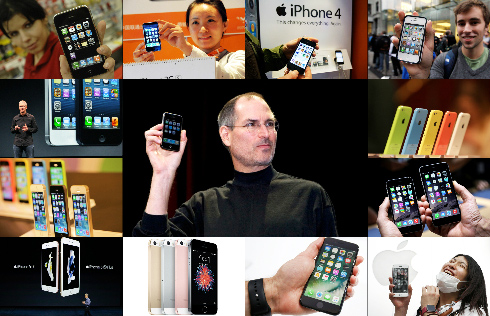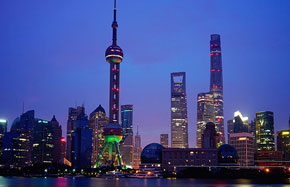Global carmakers announce ambitious new energy targets
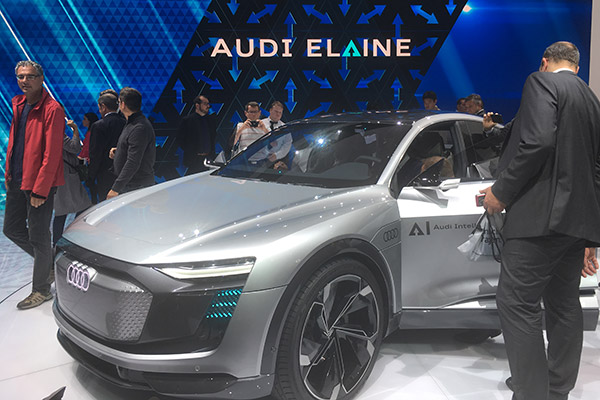 |
|
Volkswagen's premium arm Audi showcases an electric SUV coupe called Elaine at this year's Frankfurt Motor Show in Germany. [Photo?provided to China Daily] |
Yet they do not think traditional cars should disappear all of a sudden, as proposed in some countries
Large fleets of new energy vehicles are expected to hit the roads in the coming years, with some driving around by themselves, according to plans global carmakers recently made public, almost simultaneously.
Volkswagen, the world's largest automotive group, released a strategy called Roadmap E on Sept 11.
According to its CEO Matthias Mueller, the strategy means Volkswagen will bring some 50 electric cars and 30 plug-in hybrids by 2025.
By that time, a quarter of Volkswagen cars will be new energy cars, and there will be at least one electrified version of each of the group's 300 or so models by 2030, according to the plan.
"At all brands, for all markets," said Mueller on the eve of the Frankfurt Motor Show. "Up until 2030, we will be making over 20 billion euros ($23.83 billion) available for direct investment in the industrialization of e-mobility."
At the motor show, Volkswagen is showcasing a wide range of new energy models, ranging from its Volkswagen ID to Audi's Elaine, both with handsfree and eyes-free autonomous driving functions. "When the ID hits the market in 2020, electric cars will be no more expensive than gasoline cars," said Mueller.
However, Mueller said he does not believe that gasoline cars will become as extinct as dinosaurs overnight.
"As I have said on previous occasions, gasoline cars and new energy cars are to coexist for a long time to come."
Mueller's remarks were echoed by his fellow countryman, Daimler Chairman Dieter Zetsche.
Also on Sept 11, Zetsche told reporters that improving internal combustion engine technologies would be more efficient than banning sales of such cars, as proposed in some European countries.
The Netherlands and Norway are to forbid sales of traditional cars from 2025 and the United Kingdom and France will follow suit from 2040.
Zetsche argued that such bans may cause new problems and that even if only electric cars are sold, such things as charging time and infrastructure should be taken into consideration. That said, Daimler, like other automakers, is convinced that electrification is a trend, according to Zetsche. The Stuttgart-based carmaker is investing some 10 billion euros in new energy cars and will offer electric versions of all its models by 2022.
BMW will offer 25 electrified vehicles by 2025, with 12 of them being fully-electric, said its chairman Harald Krueger in a speech on Sept 7.
The premium carmaker created a sub-brand, i, for its electric cars some time ago.
"We will have 10 electrified vehicles available: nine electrified cars and our fully-electric C evolution," said Krueger.
"This year, we will deliver 100,000 electrified vehicles to customers. By the end of 2017, there will be a total of more than 200,000 BMW Group electrified vehicles on the road."
British carmaker Jaguar Land Rover has set an even more ambitious plan in terms of new energy vehicles. On Sept 12, its CEO Ralf Speth said: "From 2020, every new Jaguar Land Rover vehicle will be electrified.
"Customers will be able to choose from battery electric, plug-in hybrid and mild hybrid power, as well as ultra-clean petrol and diesel engines."
Some Chinese automakers also unveiled their new energy car plans at the Frankfurt Motor Show.
Wei Jianjun, founder and chairman of Great Wall Motor, China's largest SUV maker, said the automaker is to build a new electric car brand.
"Two electric cars will hit the market in late 2018," the Economic Net quoted Wei as saying on Sept 12.
Key market
Another aspect that automakers agree on, is that China will be one of the most important markets for new energy vehicles.
Jochem Heizmann, president of Volkswagen Group China, expects to sell 400,000 new energy cars in 2020 in China and 1.5 million in 2025, accounting for half of Volkswagen's total electric car sales worldwide in the year.
Volkswagen has established a joint venture dedicated to producing electric cars in the country. Mercedes-Benz is to produce electric cars under its EQ sub-brand at its joint venture with BAIC Group.
Ford and Nissan have also each signed deals to build such partnerships to produce and sell new energy cars in China.
General Motors CEO Mary Barra said the automaker is dedicated to providing optimized and affordable electrification solutions to consumers around the world and China will be a focal market for this.
Between 2016 and 2020, General Motors is introducing at least 10 new energy vehicles in China, including the recently launched Cadillac CT6 plugin, Buick Velite 5 extended-range electric vehicle and Baojun E100 electric vehicle.
By 2025, nearly all models from General Motors' global brands in China - Buick, Cadillac and Chevrolet - will feature mild to strong electrification, she added.
China has been the world's largest market for new energy vehicles since 2015. Last year, such cars accounted for 1.8 percent of total car sales in the country.






